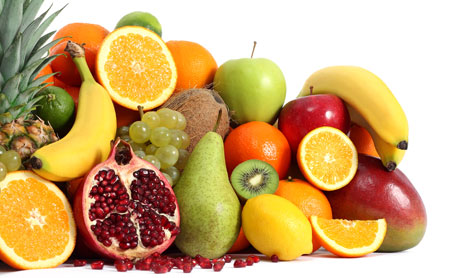At the Gastroenterology Institute of Southern California, colon cancer prevention is our top priority.
We do what we can by screening for abnormal tissue and removing polyps. But we’re happiest when a
colonoscopy shows a completely healthy colon. One of the ways you can increase the odds of a normal
test result is by making smart food choices every day.
What Role Does Nutrition Play in Colon Health?
The foods you eat impact your entire body through your intestines. The lining of your digestive tract is
on the front lines, coming into contact with every potentially harmful ingredient you put into your body.
Over time, the cells that are exposed to toxins and starved of proper nutrition can undergo genetic
changes that eventually lead to cancer.
Inadequate nutrition as well as mutagenic (mutation causing) compounds in certain foods are linked to
an increase risk in colon cancer. The traditional Western diet, which is high in red meat, fats, and simple
carbohydrates such as sugar, white flour, and potatoes, plays a role in the development of colon cancer.
In contrast, fiber-rich foods have a protective effect. Taking a fiber supplement is not a substitute for
eating fresh fruits and vegetables. These foods contain micronutrients and phytochemicals (beneficial
compounds found in plants) such as folic acid that helps make the body more resistant to cancer.
What Does a Colon-Friendly Diet Look Like?
• More fresh fish (such as salmon) a couple of times a week
• Plenty of brightly colored fruits and vegetables daily (raw and cooked)
• Whole grains, seeds, and nuts
• Dairy for calcium (full-fat or low/non-fat based on overall dietary needs)
• Only occasional use of refined sugar, fried foods, and starchy foods
• Less red meat overall (smaller portions and fewer times per week)
• Reduced alcohol consumption
The Time to Make Changes Is Now
Colon cancer develops slowly, taking a decade or longer to advance from abnormal tissue to full-
blown cancer. However, by the time colon cancer symptoms arise, treatment is invasive and may be
ineffective. You can’t afford to wait until you are symptomatic to start making intelligent changes in your
diet. Prevent colon cancer before it starts by eating a nutritious, well-balanced diet and getting screened
regularly.


